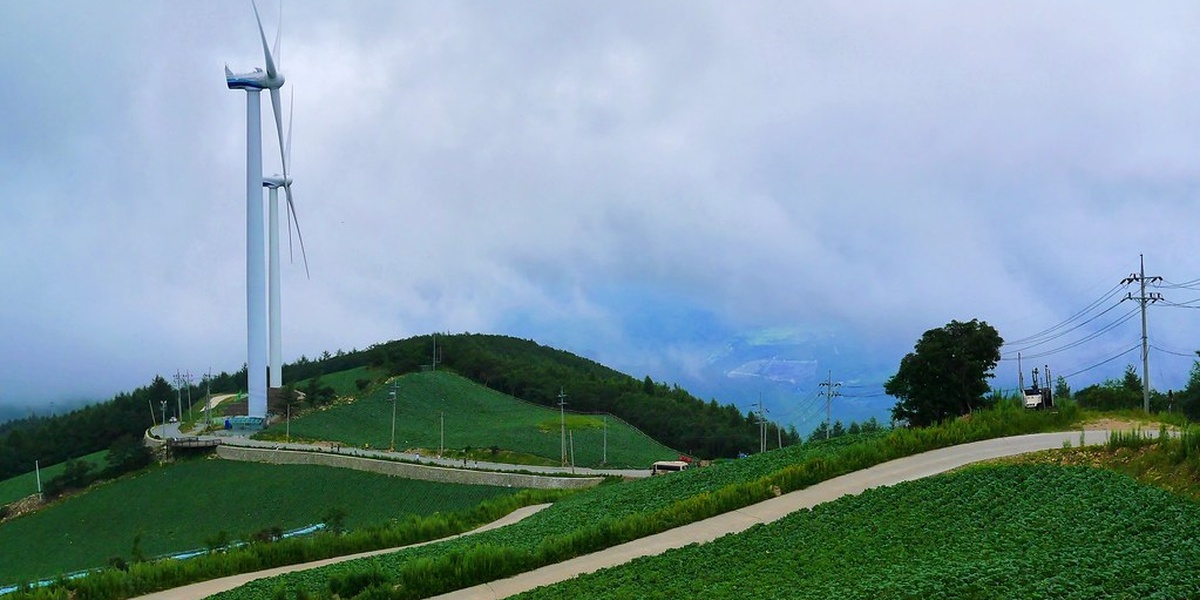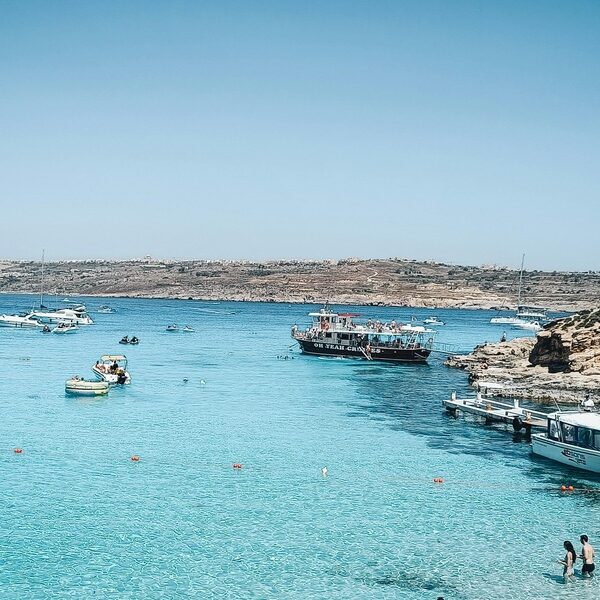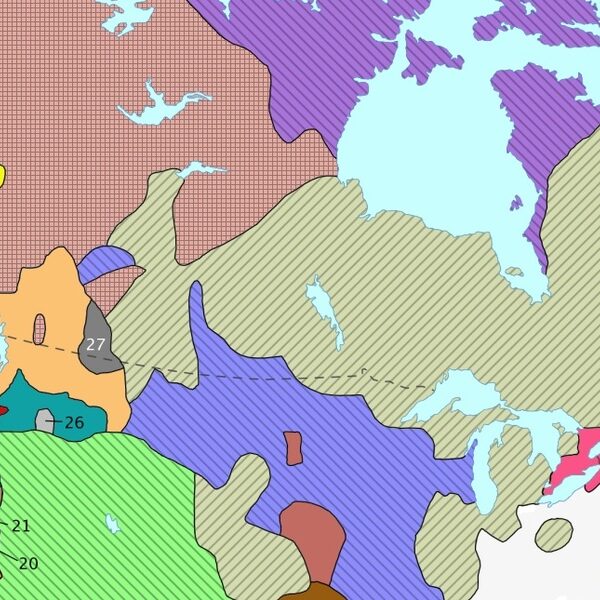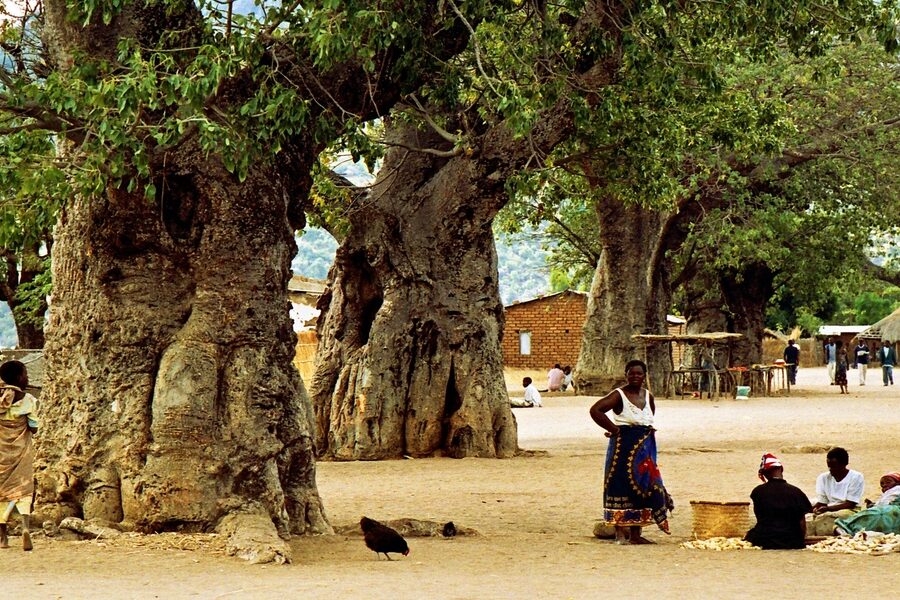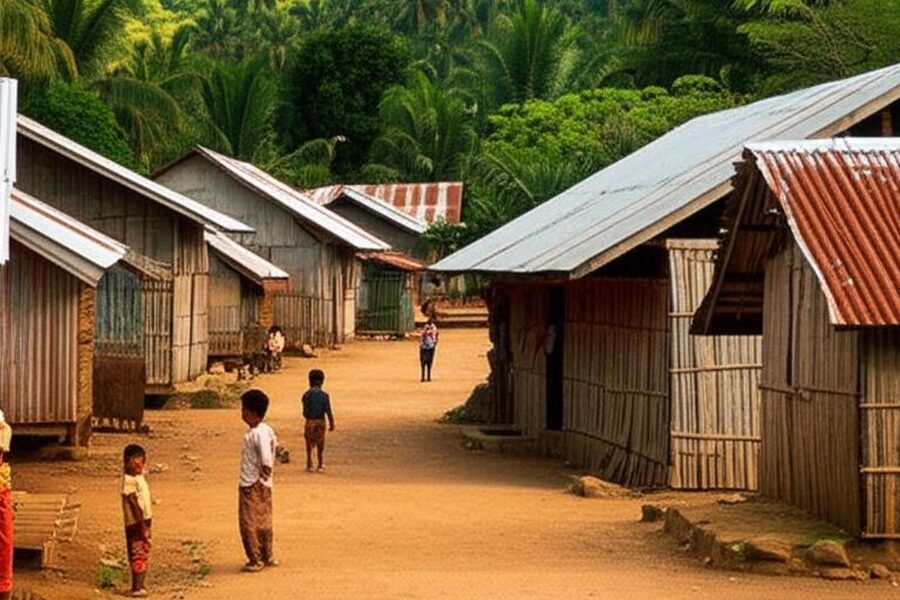South Korea’s urban map mixes global metropolises with much smaller municipalities where local life moves at a different pace. Whether you’re researching demographics, planning travel, or comparing regional services, a compact list of the smallest cities helps show where population and place intersect.
There are 20 Smallest Cities in South Korea by Population, ranging from Boryeong to Yeongju. The list shows Province,Population (people),Country for each city, and you’ll find below.
How recent are the population figures used?
Population numbers typically come from the latest national census or official annual estimates; expect data to be current to the most recent published year, but figures can change with new counts or administrative updates, so check each city’s source if you need the absolute latest.
What exactly counts as a “city” on this list?
The list uses administrative city (si) status rather than informal towns or neighborhoods, so entries reflect municipalities recognized at the city level—definitions and thresholds can vary, so consult the methodology or official statistics if you need strict legal definitions.
Smallest Cities in South Korea by Population
| City | Province | Population (people) | Country |
|---|---|---|---|
| Taebaek | Gangwon State | 38,574 | South Korea |
| Gyeryong | Chungcheongnam-do | 46,656 | South Korea |
| Samcheok | Gangwon State | 62,311 | South Korea |
| Mungyeong | Gyeongsangbuk-do | 68,914 | South Korea |
| Namwon | Jeollabuk-do | 76,938 | South Korea |
| Gimje | Jeollabuk-do | 80,637 | South Korea |
| Sokcho | Gangwon State | 82,231 | South Korea |
| Donghae | Gangwon State | 88,143 | South Korea |
| Sangju | Gyeongsangbuk-do | 94,147 | South Korea |
| Boryeong | Chungcheongnam-do | 96,164 | South Korea |
| Yeongju | Gyeongsangbuk-do | 100,240 | South Korea |
| Yeongcheon | Gyeongsangbuk-do | 100,323 | South Korea |
| Miryang | Gyeongsangnam-do | 101,237 | South Korea |
| Gongju | Chungcheongnam-do | 102,002 | South Korea |
| Jeongeup | Jeollabuk-do | 103,678 | South Korea |
| Sacheon | Gyeongsangnam-do | 108,986 | South Korea |
| Nonsan | Chungcheongnam-do | 112,044 | South Korea |
| Naju | Jeollanam-do | 116,368 | South Korea |
| Tongyeong | Gyeongsangnam-do | 121,061 | South Korea |
| Gimcheon | Gyeongsangbuk-do | 136,897 | South Korea |
Images and Descriptions
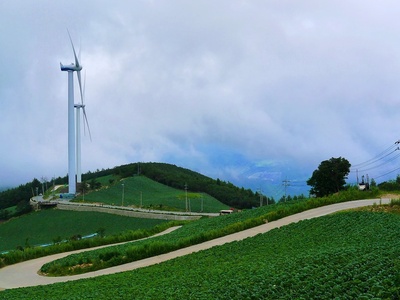
Taebaek
Located high in the Taebaek Mountains, this city was once a major coal mining hub. As of Dec 2023, its population continues a long-term decline as it transitions into a tourist destination known for mountain scenery and winter sports.

Gyeryong
One of South Korea’s newest cities, established in 2003. Its population as of Dec 2023 is small but stable, as it primarily serves as the site for Gyeryongdae, the main headquarters for the South Korean military branches.
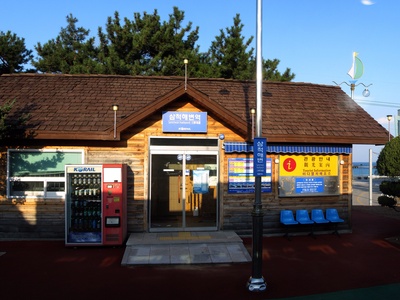
Samcheok
A coastal city on the Sea of Japan, known for its limestone caves and beautiful beaches. Its population as of Dec 2023 has been gradually declining, a trend common in many of the nation’s smaller regional cities.
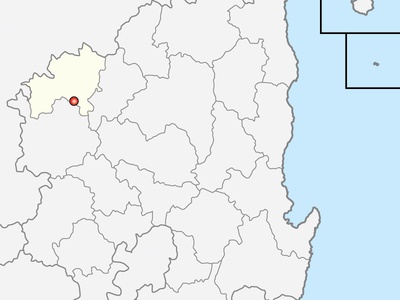
Mungyeong
A historic city famous for the Mungyeongsaejae mountain pass, a key gateway during the Joseon Dynasty. As of Dec 2023, its population is in a steady decline, with an economy now focused on tourism and agriculture.
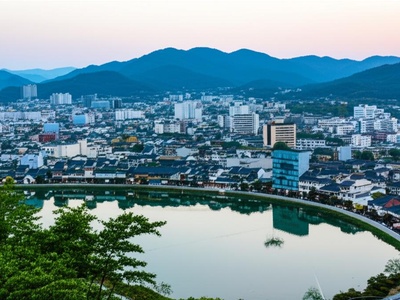
Namwon
Known as the “City of Love,” this is the setting for the famous Korean folktale Chunhyangjeon. As of Dec 2023, its population is declining, but it maintains its status as a center for traditional culture and arts.
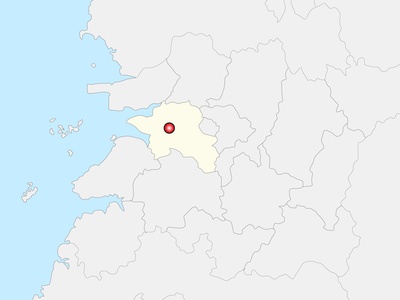
Gimje
Situated in the heart of Korea’s largest rice-producing plain, Gimje is a vital agricultural center. As of Dec 2023, its population is in a gradual decline, though it hosts the famous Horizon Festival celebrating its farming heritage.
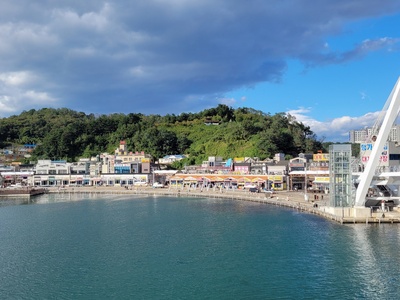
Sokcho
A popular tourist destination on the east coast, located next to Seoraksan National Park. As of Dec 2023, its population is relatively stable due to strong tourism and fishing industries, bucking the trend of many other small cities.
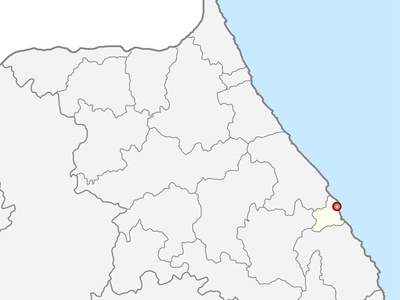
Donghae
An important port city on the Sea of Japan, featuring a major international ferry terminal. Its economy is tied to logistics and fishing. As of Dec 2023, its population has seen a slight but steady decline over the years.
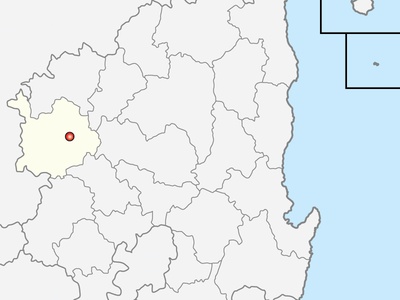
Sangju
An agricultural city renowned for producing high-quality dried persimmons and bicycles. As of Dec 2023, its population has been in a long-term decline as younger generations move to larger urban centers for work and education.
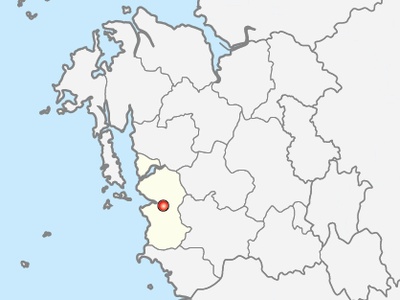
Boryeong
This coastal city is famous for Daecheon Beach and the internationally recognized Boryeong Mud Festival. As of Dec 2023, its population is slowly declining, though it receives a massive seasonal influx of tourists each summer.
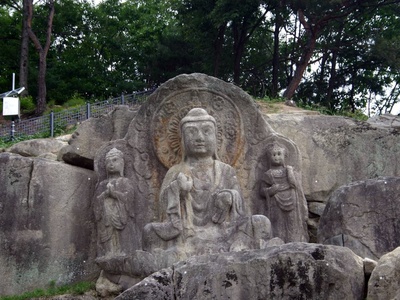
Yeongju
Home to the UNESCO World Heritage Buseoksa Temple, this city was a center for Confucian scholarship. As of Dec 2023, its population has just dipped near the 100,000 mark, reflecting a gradual rural demographic decline.
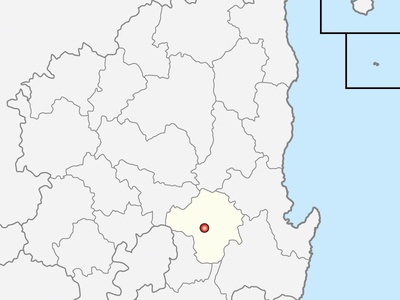
Yeongcheon
A city known for its large domestic fruit market, especially for grapes, and a significant Republic of Korea Air Force base. Its population as of Dec 2023 has remained relatively stable but low, hovering just over 100,000 people.
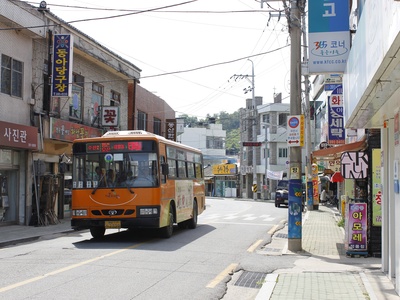
Miryang
Known for the historic Yeongnamnu Pavilion and as the setting for the acclaimed film “Secret Sunshine.” As of Dec 2023, the city’s population continues a slow decline, reflecting broader demographic trends in the Gyeongsang region.
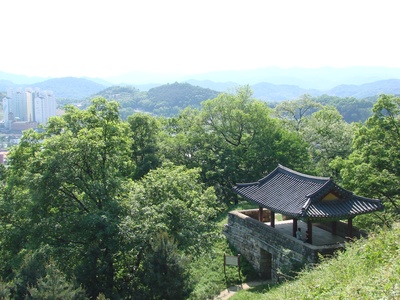
Gongju
A former capital of the ancient Baekje Kingdom, rich with UNESCO World Heritage sites like royal tombs and fortresses. Its population as of Dec 2023 has been declining, though it remains a key historical and cultural tourism destination.
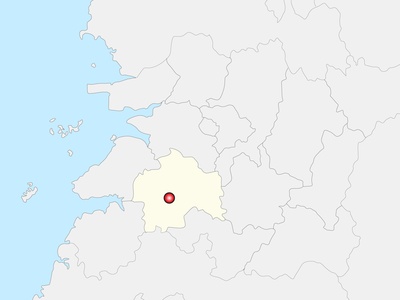
Jeongeup
Famous for Naejangsan National Park, which boasts some of Korea’s most spectacular autumn colors. As of Dec 2023, the city’s population continues a long-term decline despite its role as a regional transport and tourism hub.
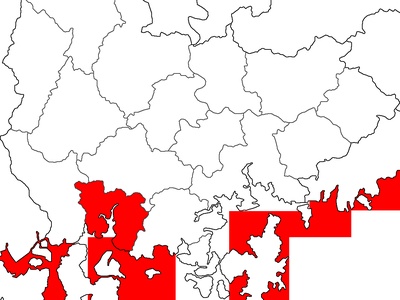
Sacheon
A key center for South Korea’s aerospace industry, hosting the headquarters of Korea Aerospace Industries (KAI). As of Dec 2023, its population is relatively stable compared to other small cities, thanks to its specialized industrial base.

Nonsan
Best known for the Korea Army Training Center, where most male conscripts begin their military service. Its economy is also supported by agriculture, particularly strawberries. The population as of Dec 2023 has been slowly decreasing.

Naju
An ancient city that has seen recent growth after becoming an “innovation city” hosting public corporations relocated from Seoul. As of Dec 2023, its population has grown, reversing a previous long-term decline common in the region.
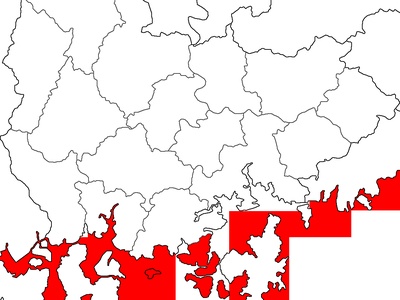
Tongyeong
A picturesque port city on the southern coast, often called the “Naples of Korea.” It is a hub for marine tourism and the arts. As of Dec 2023, its population has seen a gradual decline over the past decade.
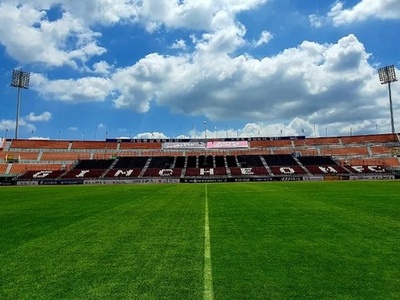
Gimcheon
An important transportation hub, home to a KTX station where major high-speed rail lines cross. As of Dec 2023, its population is in a slow decline, despite efforts to revitalize through its “innovation city” development.

